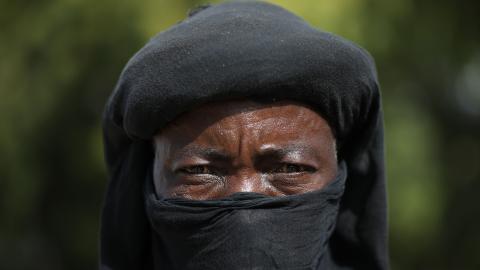Banditry in northwest Nigeria has emerged as a pervasive security challenge, yet remains overshadowed by the focus on jihadist violence in the region. This DIIS Report sketches out the first comprehensive mapping of banditry in the region. It assesses the scope and geographical evolution of the phenomenon - both in terms of violent incidents and the location of over a hundred bandit camps.
Crucially, the report frames this emerging landscape as a political geography. Decentralised, fragmented, and driven by rapacity, banditry confounds established models of thinking about violence and order making by non-state actors. Yet we argue that bandits nonetheless profoundly influence rural governance, combining roving predation and stationary extortion in novel ways. While bandits are often dismissed as mere criminals engaged in violent wealth accumulation, we argue that bandit groups borrow old historical repertoires of rule, involving a time-tested combination of submission in core areas, the levying of tributes on farming communities, and raiding at ungoverned frontiers.
The report also explores the structure of bandit society, revealing a logic that combines decentralisation and a mistrust of authority with hierarchies based on forms of ‘bandit capital’ such as access to weapons, wealth and followers.
This study is accompanied by a DIIS Working Paper that explores how the banditry crisis also entails a battle for the bush - a violent reversal of a decades-old pattern of changing entitlements to land in northwest Nigeria.
Read Full Report in Danish Institute for International Studies.

















